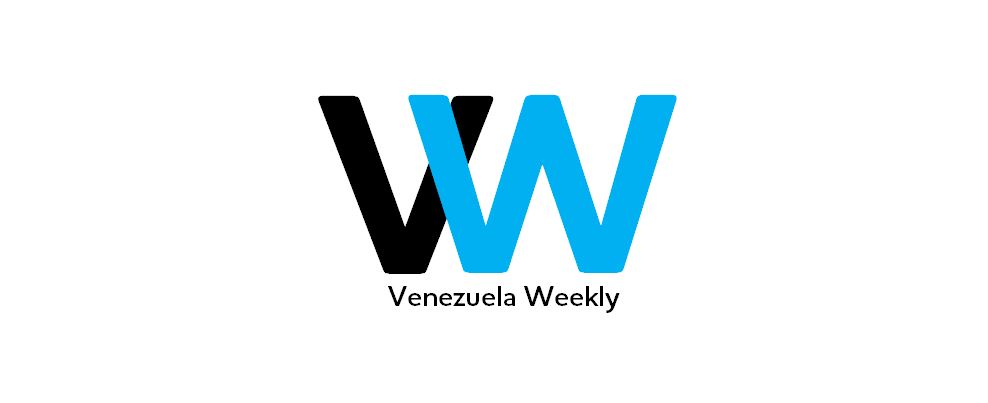The European Union will not send electoral observers to Venezuela’s upcoming legislative election in December, after the Maduro government rejected the possibility of postponing the election. The government argues that it is bound by Venezuela’s constitution to hold legislative elections in the year before a new National Assembly’s terms begin. Last week the only heavyweight voice in Venezuela’s opposition that had called for electoral participation, Henrique Capriles, announced that he would withdraw from the election, as the government has not met his minimum conditions. However, he did not close the door completely to participating, and made clear he could do so if conditions changed.
In Americas Quarterly, Venezuelan analyst Felix Sijas argues that Capriles’ effort is part of a long-term strategy in the opposition’s leadership contest. Capriles wants to build a political platform that fights for a democratic solution to Venezuela’s crisis. Similarly, after the EU had sent a small mission to Venezuela to explore—unsuccessfully—the possibility of postponing the vote and improving electoral conditions, the EU insisted on negotiations between all stakeholders and said that “it is the time for bold Venezuelan-owned decisions in support of a peaceful and democratic transition. Beyond the immediate issue of legislative elections, the long-term objective remains the path to democracy.”
It is clear that Washington was wary of the EU veering from the U.S.-led strategy towards Venezuela. In response to the mission, U.S. Special Representative for Venezuela Elliott Abrams accused EU High Representative for Foreign Affairs Josep Borrell of engaging in “cowboy diplomacy” that undermined efforts to isolate Maduro. The U.S. government continues to insist, as Admiral Craig Faller of Southcom put it this week, that “US efforts have worked, just not fast enough for the Venezuelan people.”
While there were efforts by some EU parliamentarians and other critics of the EU mission to paint it as a rogue initiative of Borrell’s, this is inaccurate. EU member states and Latin American members of the International Contact Group had been briefed ahead of time of the mission, and it was in line with their calls for a political solution. After having been briefed on the mission in the September 17 Ministerial meeting, the Contact Group countries stated their support for “close contacts with national stakeholders.”
Human Rights
- During the 45th regular session of the UN Human Rights Council, two resolutions were passed on Venezuela’s human rights situation. In the first resolution, the members voted to support the United Nations High Commissioner for Human Rights, Michelle Bachelet, in her work and to call for greater cooperation with her office. In the second resolution, the Council extended the mandate of the UN independent international fact-finding mission (which recently issued a report detailing evidence of crimes against humanity) for two years. Maduro’s government was supportive of the first resolution but very critical to the second one. It is notable that while Mexico abstained from the second resolution, Argentina voted in favor, perhaps signalling a shift.
Mobilization and Protests
- The National Assembly voted in favor of a resolution that outlines the text of a parallel referendum that the opposition plans to organize, as a way of mobilizing Venezuelans against the December elections–similar to their strategy around the 2017 parallel referendum. The body approved two questions, asking Venezuelans whether they support efforts to push for a transition and whether they reject fraudulent elections. However, there is still no date set for the referendum.
- A new wave of protests has erupted in the country in the last weeks as the infrastructure of the state has collapsed and widespread shortages have made people’s lives unbearable. The Venezuelan Observatory of Social Conflict has said that more than 100 protests took place between September 26-30. Protests have taken place mainly outside Caracas, where the government reaction has been swift. Police have cracked down on protests and have arrested various citizens, and armed government supporters, known as colectivos, have harassed demonstrators.
Economy
- The US Treasury Department extended a prohibition on Citgo’s potential takeover by Venezuela’s creditors, until January 19 (the day before Inauguration Day). The action prevents PDVSA 2020 bondholders from seizing 50.1 per cent of Citgo for missed principal and interest payments, and could set up the Trump administration to reverse its protection of Citgo or to renew it for several months into a potential successor’s term.
- A UK court of appeals has overturned a previous high court ruling that gave control to Juan Guaidó over 30 tonnes of Venezuelan gold stored in the Bank of England. The court of appeal does not give Maduro’s government control of the gold; instead, the court asked for more clarity regarding whether Maduro or Guaido is in de facto control of Venezuela. A British commercial court is expected to re-examine the issue soon.
Covid-19 Pandemic
- Maduro’s government announced that Venezuela would be the first Latin American country to participate in clinical trials of the Russian Sputnik V vaccine against COVID-19. Two thousand Venezuelans will be the first to try the vaccine, including Maduro’s sister and son. Maduro said that the country would participate in the clinical trials of a Chinese-made vaccine, too. So far, Venezuela has 79,796 Covid-19 cases and 665 deaths.
- Maduro’s allies continue to send aid. China sent 15 tons of medical supplies last week. This is the ninth Chinese shipment of aid since the pandemic started. The country received 376 more Cuban medical doctors as part of the agreements between the Venezuelan and Cuban governments. The Cuban government said that before December, 1,000 more Cuban doctors would arrive in Venezuela to help the country fight the coronavirus pandemic. Currently, there are about 1,000 Cuban doctors in Venezuela, and the U.S. and opposition claim that the doctors are in fact members of Cuba’s intelligence services.


